August 1, 2018
Flexibility, daylight and a well-designed office are amongst most desirable workplace features
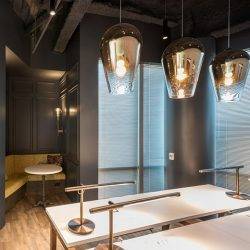 Capital One has published the results of its latest survey of US full-time professionals for their thoughts on workplace design and the working environment as it relates to their productivity, innovation and collaboration with colleagues. According to the resulting 2018 Work Environment Survey of 3,500 office based respondents in urban centres across the US, many value flexibility and workplace design, particularly when evaluating whether to stay at their current job or consider a new employment opportunity. Employees also place a great deal of focus on technology, design elements such as lighting and agile workspaces, and personal wellbeing.
Capital One has published the results of its latest survey of US full-time professionals for their thoughts on workplace design and the working environment as it relates to their productivity, innovation and collaboration with colleagues. According to the resulting 2018 Work Environment Survey of 3,500 office based respondents in urban centres across the US, many value flexibility and workplace design, particularly when evaluating whether to stay at their current job or consider a new employment opportunity. Employees also place a great deal of focus on technology, design elements such as lighting and agile workspaces, and personal wellbeing.




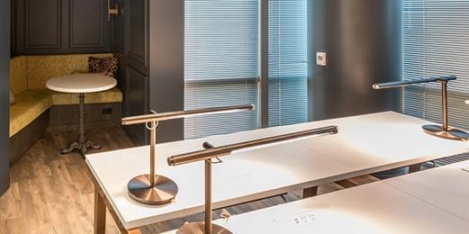
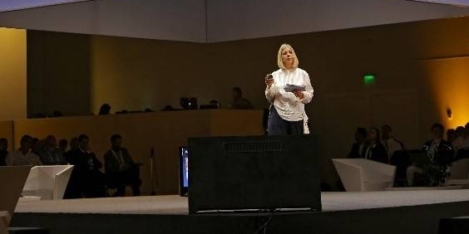

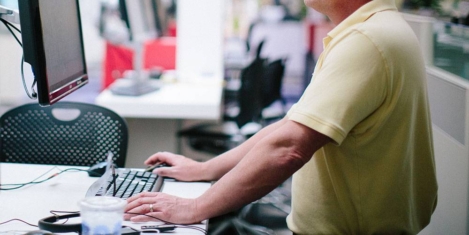
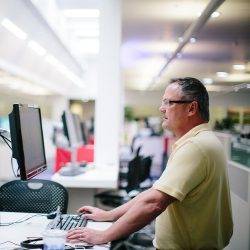


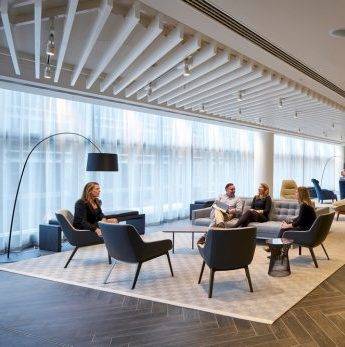
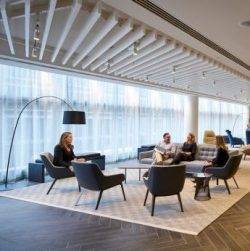 A major research study “
A major research study “
 Business Secretary Greg Clark proposed new laws in Parliament yesterday (June 11th) that new large firms will have to justify their chief executives’ salaries and reveal the gap to their average UK worker. It means that for the first time, UK listed companies with more than 250 UK employees will have to disclose and explain this difference – known as ‘pay ratios’ – every year. However, according to data published today by the Chartered Management Institute (CMI) and
Business Secretary Greg Clark proposed new laws in Parliament yesterday (June 11th) that new large firms will have to justify their chief executives’ salaries and reveal the gap to their average UK worker. It means that for the first time, UK listed companies with more than 250 UK employees will have to disclose and explain this difference – known as ‘pay ratios’ – every year. However, according to data published today by the Chartered Management Institute (CMI) and 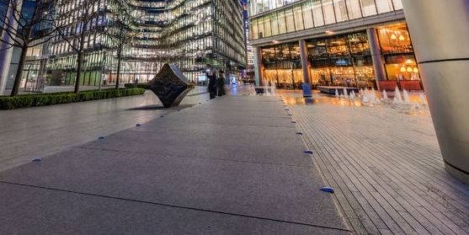
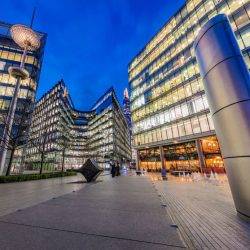

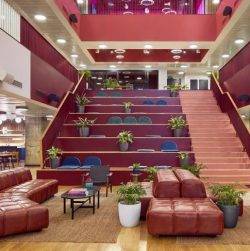





 It can be proven that a well implemented Occupational Health service can offer a good return on investment, finds a new report. A white paper, produced by the Society of Occupational Medicine (SOM), the International SOS Foundation and KU Leuven University,
It can be proven that a well implemented Occupational Health service can offer a good return on investment, finds a new report. A white paper, produced by the Society of Occupational Medicine (SOM), the International SOS Foundation and KU Leuven University, 









June 22, 2018
Organisations are easily distracted from the task of creating a great workplace strategy
by Chris Hood • Comment, Facilities management, Property, Workplace design
More →